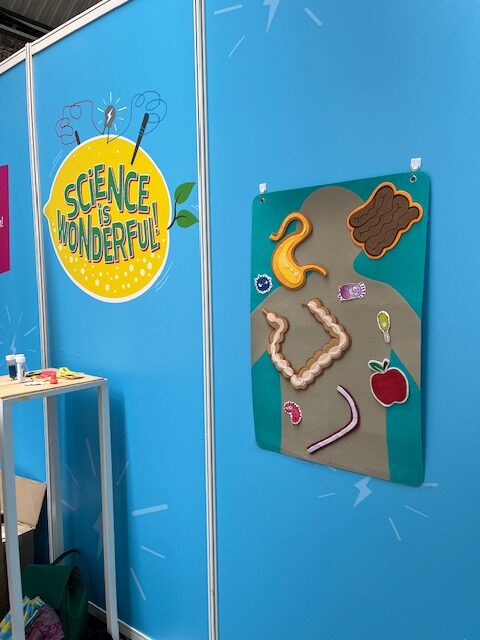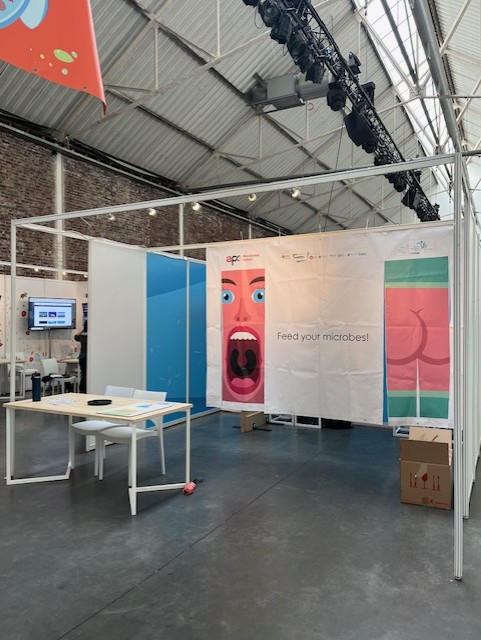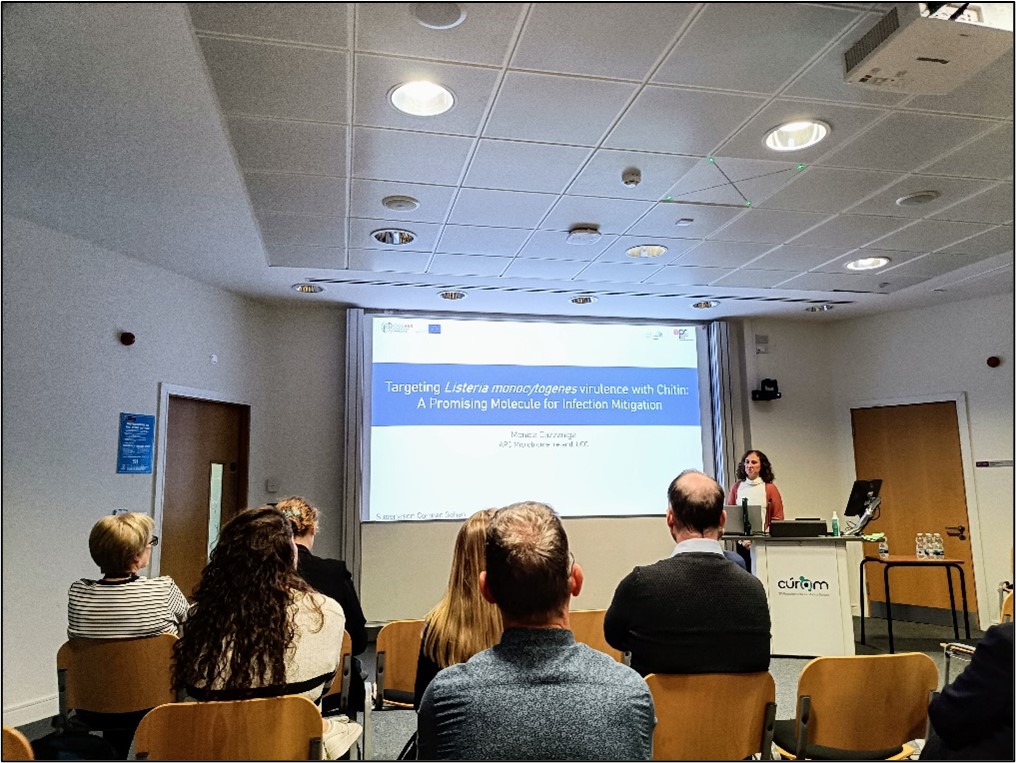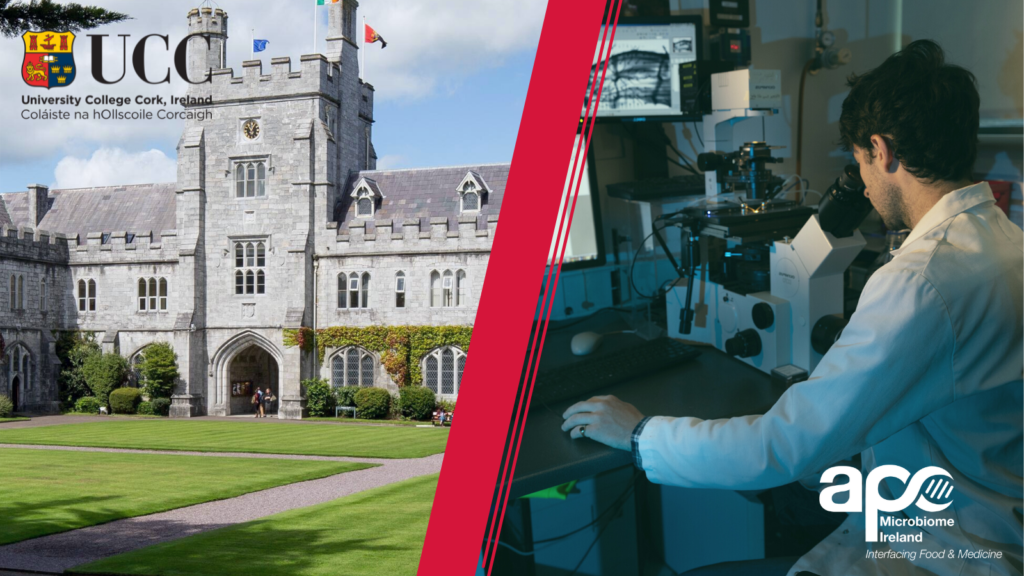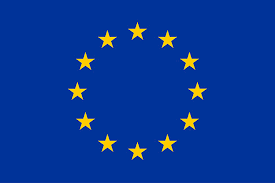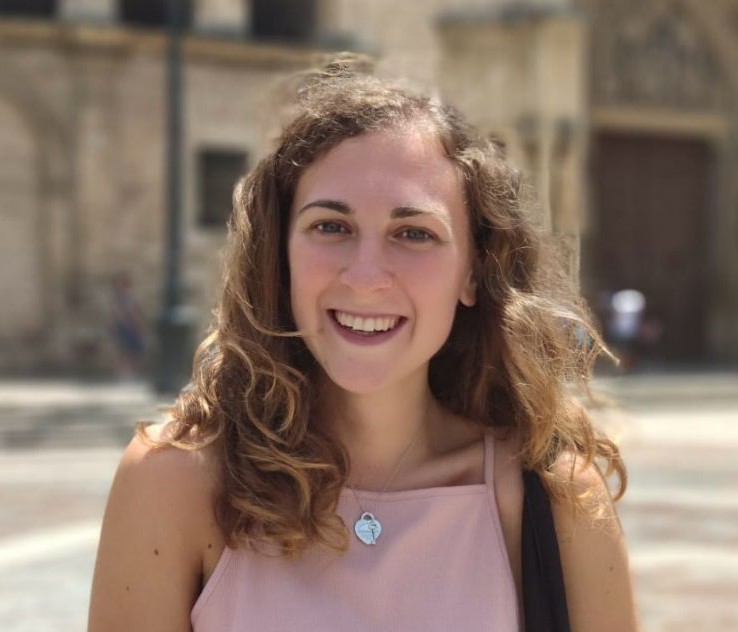
Previous training and experience
My age-long ambition to become a Biotechnologist started with a laboratory simulation of a forensic investigation during the secondary school. After that, I chose a B.Sc. in “Biotechnology” at the University of Milan and I worked on my thesis at the Institut für Botanik of the “Leibniz Universität Hannover” (DE). Here, I spent six months researching the effects of the secondary metabolites in the mangroves Avicennia germinans and Laguncularia racemosa on the growth of Escherichia coli. Meanwhile, I developed a strong interest in bacteria specifically in gut microbiota. In 2018, I started a M.Sc. in “Molecular Biotechnology and Bioinformatics” at the University of Milan and I did my M.Sc. thesis at the Institute for Integrative Systems Biology of the “University of Valencia” (SP). For eleven months I investigated if (and how) the two symbiotic systems of German cockroach, the endosymbiont Blattabacterium and the gut microbiota, interact with each other. It was very interesting to study how an insect is able to adapt its microbiota to external stimuli and how it is able to survive despite unfavourable conditions. Then, also due to the Covid emergency situation, I decided to start a 2nd level University Master course in “Stem cells in Regenerative Medicine and Cell Factory Management” at University of Turin, to consolidate and improve my expertise in in vitro and in vivo techniques and cell culture studies.
Why you wanted to join the project
The experiences and skills in Microbiome analysis are extremely important requirements for the proposed PhD projects within the COL_RES Innovative Training Network. Moreover, the change of microbiota in the context of antibiotic treatment and alterations to diet was the main topic of my thesis. That’s why I decided to join this project and face with new, exciting and interesting challenges. Also, the idea of taking a PhD abroad was boosted by my great passion for traveling and discovering new places. I consider it a very rich experience to get the opportunity to meet researchers from all over the world and learn about their culture and values. I am confident that this program brings me a step closer to my goal of becoming an eminent scientific researcher.
About your research project
The main title of my research project is: “The role of the gut microbiota in resistance to Listeria monocytogenes infection”. L. monocytogenes is the causative agent of listeriosis and represents the fifth most common zoonotic disease in the EU. During my PhD program, I will further investigate the gut bacteria that provide for colonization resistance against L. monocytogenes, using the murine disease model of foodborne listeriosis. Then, once the best potential commensals that are predicted to play a role in colonization resistance against L. monocytogenes will be identified, their ability to prevent or reduce infection in the murine model will be tested to create a next-generation probiotics in Listeria prophylaxis.
Other interests
The interests outside of science are certainly many. Since I was a child, I have been used to going to my house in the mountains and spend summers there, climbing and hiking. I am really into sports and nature, I like swimming, skiing, playing volleyball, riding the bike and making pictures. Moreover, I am an amateur runner and I have run two Half Marathons so far. I am fond of music and musical instruments: I play the guitar and the piano and I was used to sing in a gospel chorus in Italy. Furthermore, my curiosity has always pushed me to new challenges and the passion for science made me become tutor of students with educational needs.
Contact details: MCazzaniga@ucc.ie
Read a piece about Monica’s research journey -Microbiota and Me
https://www.start-ern.org/blog-microbiota-and-me

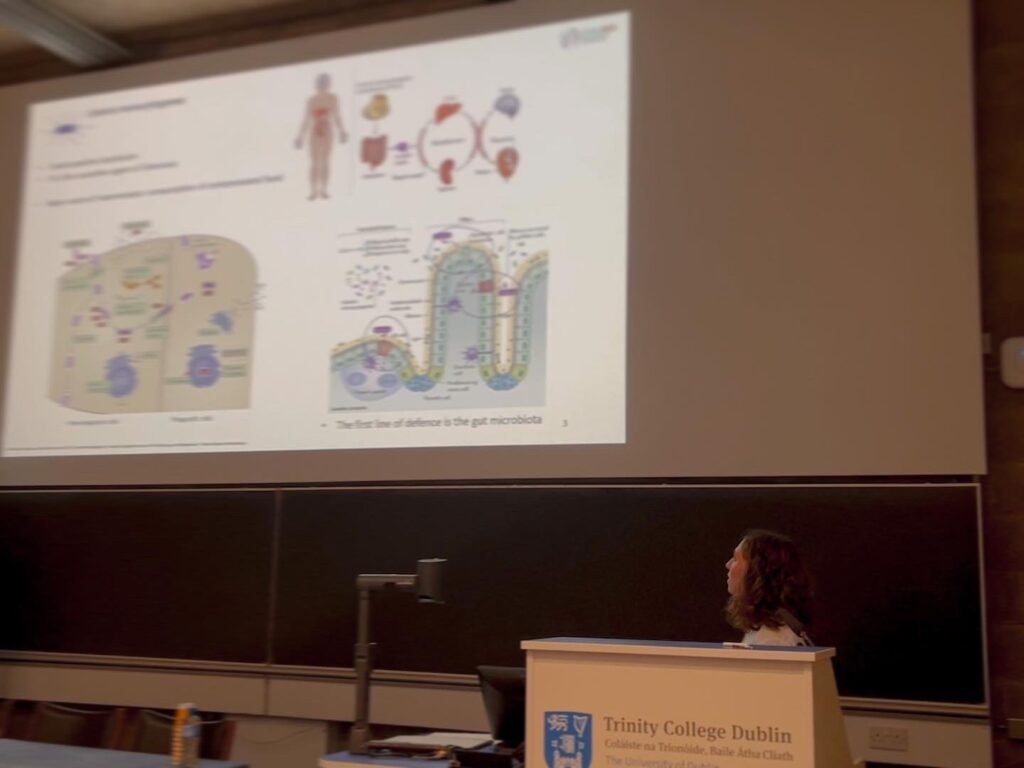
Monica presenting at the Microbiology conference in TCD
Native Scientist
Native Scientist is a science outreach programme that aims to empower migrant communities through science. Workshops are aimed at 6 to 12-year-olds and give international scientists the opportunity to speak to children about their work in their native language. APC has partnered with Native Scientist for several years and APC researchers have led and facilitated workshops in various European languages. Native Scientists workshops to the Italian Community in Cork was rolled out in May 2023 as Monica Cazzaniga volunteered to be the Italian co-ordinator. Her aim was to encourage Italian children living in Cork to love science.
Native scientist workshops were organised and together with other scientists from Italy, she performed various experiments in Italian. Children who could speak or understand Italian actively participated in this event and showed a great interest and curiosity in the experiments.
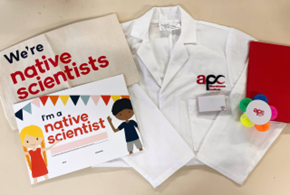
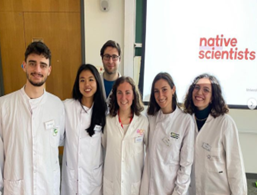
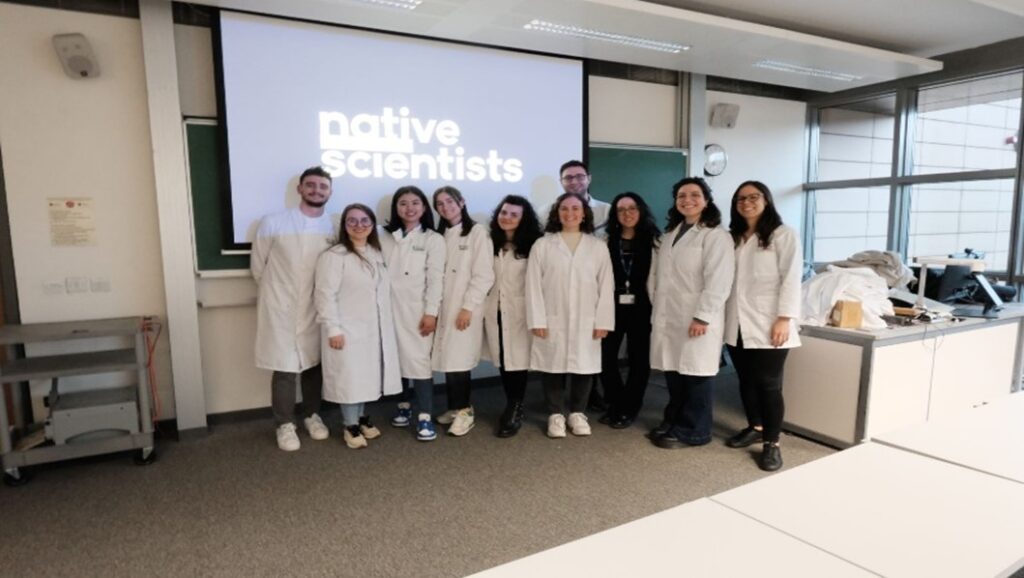
Wild Yeast Workshop – Learn how to ferment with yeast microbiology workshop:
A wild yeast workshop was organised to teach adults about fermentation. Monica led the fermentation workshop, teaching and supervising six adults, demonstrating easy scientific techniques for learning fermentation processes.

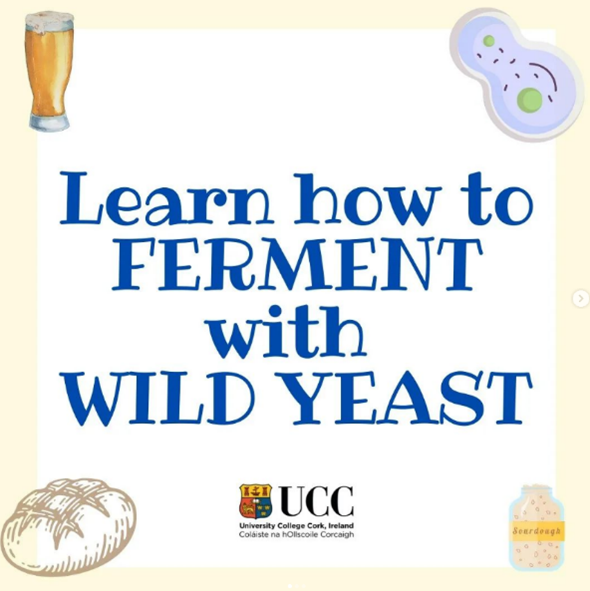
‘Science is wonderful’ fair, Brussels
COL_RES applied for grant to have a stand at the science is wonderful fair in Brussels. The fair opened its doors to nearly 5000 primary and secondary school pupils across Belgium and abroad and the COL_RES ESRs Monica and Nizar had a stand inside this scientific fair, presenting information on food choices and the digestive system.
